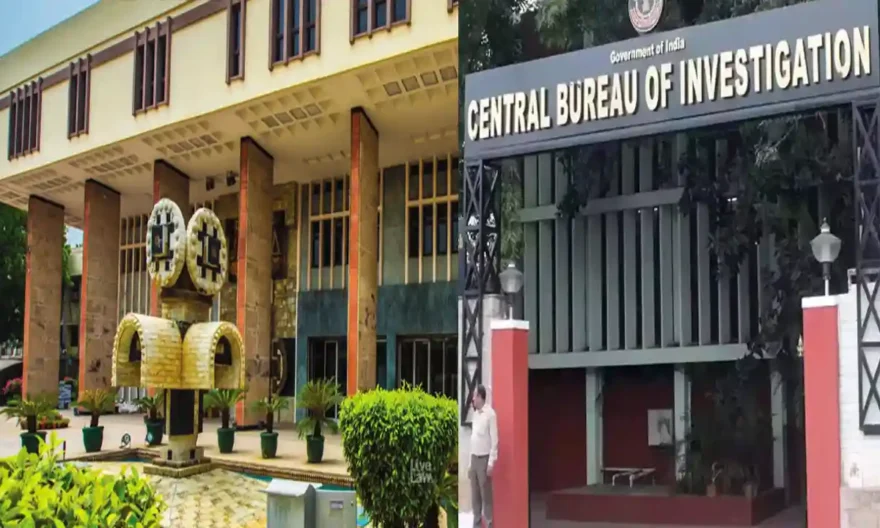
The Delhi High Court recently asked the Central Bureau of Investigation (CBI) to explain whether it has the authority to investigate cases in Chhattisgarh, citing the State’s refusal to grant the agency permission.
Section 6 of the Delhi Special Police Establishment Act (DSPE) states that the CBI may not exercise its powers or jurisdiction in a State without the consent of that State (unless it is a probe ordered by the High Court or Supreme Court).
A single-judge Justice Yogesh Khanna sought CBI’s response while hearing a plea filed by former IAS officer Babulal Agrawal.
Agrawal had previously been arrested on corruption charges by the CBI. The case was filed against him in 2010, while he was the health secretary for the state of Chhattisgarh.
Later, the ED filed a case against him, alleging that he “played an active role in splitting tender contracts related to the World Bank-aided Malaria control program and awarding them to some non-existent entities, causing loss to the exchequer and pecuniary benefit to himself.”
Agrawal’s counsel informed the bench that the CBI lacks the authority to investigate the FIR since Chhattisgarh had not given the CBI its consent.
Meanwhile, the CBI stated that the Chhattisgarh government granted general consensus under Section 6 in a letter dated February 3, 2001, and that the Department of Personnel and Training (DoPT) issued a notification for investigation of offences specified in the Schedule under Section 5 of the DSPE Act, 1946, within the state of Chhattisgarh.
Agrawal’s counsel, on the other hand, referred to a notification issued by Chhattisgarh in July 2012 stating that the government’s consent was not a consent because it was issued without the approval of the competent authority, as required by Rule 19 of Part IV of the “Rules of Business of the Executive Government of Chhattisgarh.”
The Central government then issued a letter to the Joint Director, CBI on November 4, 2015, narrating this fact, the counsel claimed.
He also referred to the Chhattisgarh government’s response to their RTI application, claiming that no such permission was granted to the CBI until 2013.
After hearing the case, the bench directed the CBI to file a response and explain whether consent was granted and, if not, what the consequences would be.
The matter has been scheduled for further hearing on 28th August, 2023.




